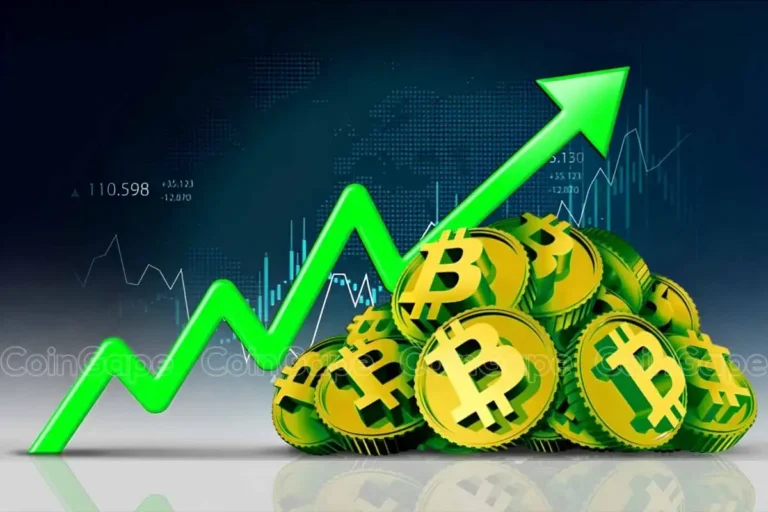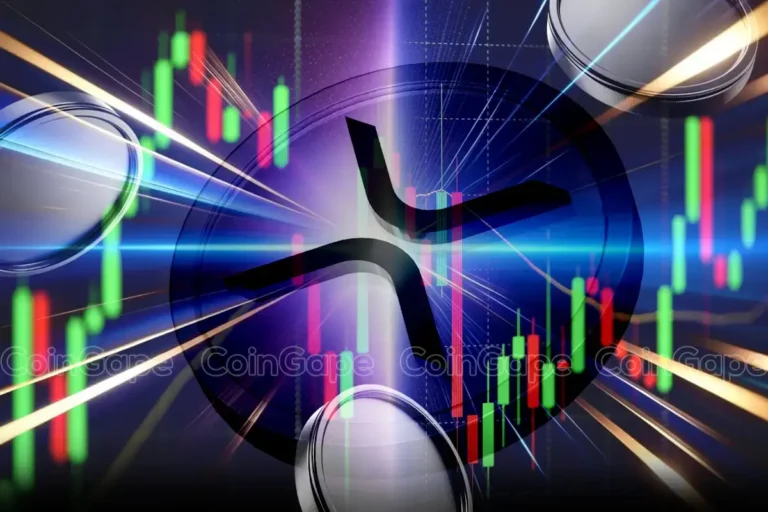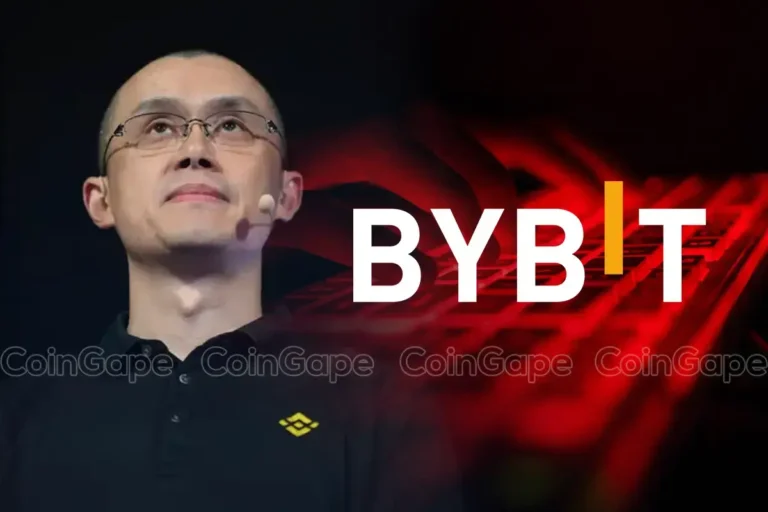Korea’s Supreme Court Rules LUNA and TerraUSD Are Not Financial Investments
More from the Author Dennis Gatheca
South Korea’s Supreme Court ruled that TerraUSD (USTC) and LUNA are not financial investment products, rejecting prosecutors’ appeals and preventing asset seizures under the Capital Markets Act.
However, Terraform executives, including co-founder Do Kwon, still face fraud charges for allegedly deceiving investors and manipulating the market.
In a landmark decision, South Korea’s Supreme Court has ruled that the failed stablecoin TerraUSD (USTC) and its sister token Terra (LUNA) do not qualify as financial investment products under the country’s Capital Markets Act. This ruling upholds lower court decisions and delivers a significant blow to prosecutors seeking asset seizures related to the Terra collapse.
Court Rejects Prosecutors’ Appeal
On January 23, the Supreme Court dismissed an appeal from prosecutors who sought to confiscate assets belonging to Terraform Labs co-founder Shin Hyun-seong. Prosecutors had argued that LUNA functioned as a security and should be subject to regulations under the Capital Markets Act. However, the court maintained that existing laws do not classify LUNA as a regulated financial product.
In its ruling, the court stated that “related law and records show the lower court’s decision is valid,” reinforcing previous verdicts that rejected the notion of LUNA being a security.
Legal Implications and Capital Markets Act Exemption
The court’s decision has broader implications beyond Shin’s case. Legal expert Kim Jung-chul from Law Firm Woori noted that this ruling not only dismisses LUNA’s security status but also confirms that the Capital Markets Act does not apply to Terraform’s assets. As a result, asset seizures based on this law are not legally viable.
Despite this ruling, Shin and other Terraform executives are not off the hook. They still face fraud charges, with prosecutors accusing them of deceiving investors and manipulating the market to secure profits.
Do Kwon’s Extradition and Ongoing U.S. Case
While South Korean authorities deal with Terraform executives, the company’s co-founder and key figure, Do Kwon, has been extradited from Montenegro to the United States. He appeared in a Manhattan court in January, facing federal fraud charges. A U.S. grand jury indicted Kwon for allegedly inflating Terraform’s crypto prices and engaging in money laundering.
The collapse of Terra in May 2022 triggered massive financial turmoil, wiping out over $40 billion and leaving thousands of investors reeling. As legal proceedings continue worldwide, the crypto industry watches closely to see how courts define digital assets within financial regulations.
What This Means for the Crypto Industry
The South Korean Supreme Court’s decision could set a precedent for how other nations classify digital assets. By ruling that LUNA and TerraUSD are not financial investment products, it raises questions about the regulatory framework surrounding cryptocurrencies and the extent to which governments can intervene.
While this ruling provides some clarity on how South Korea views crypto assets, the ongoing fraud cases against Terraform’s executives suggest that legal battles in the crypto world are far from over.
The post Korea’s Supreme Court Rules LUNA and TerraUSD Are Not Financial Investments appeared first on Crypto News Focus.









